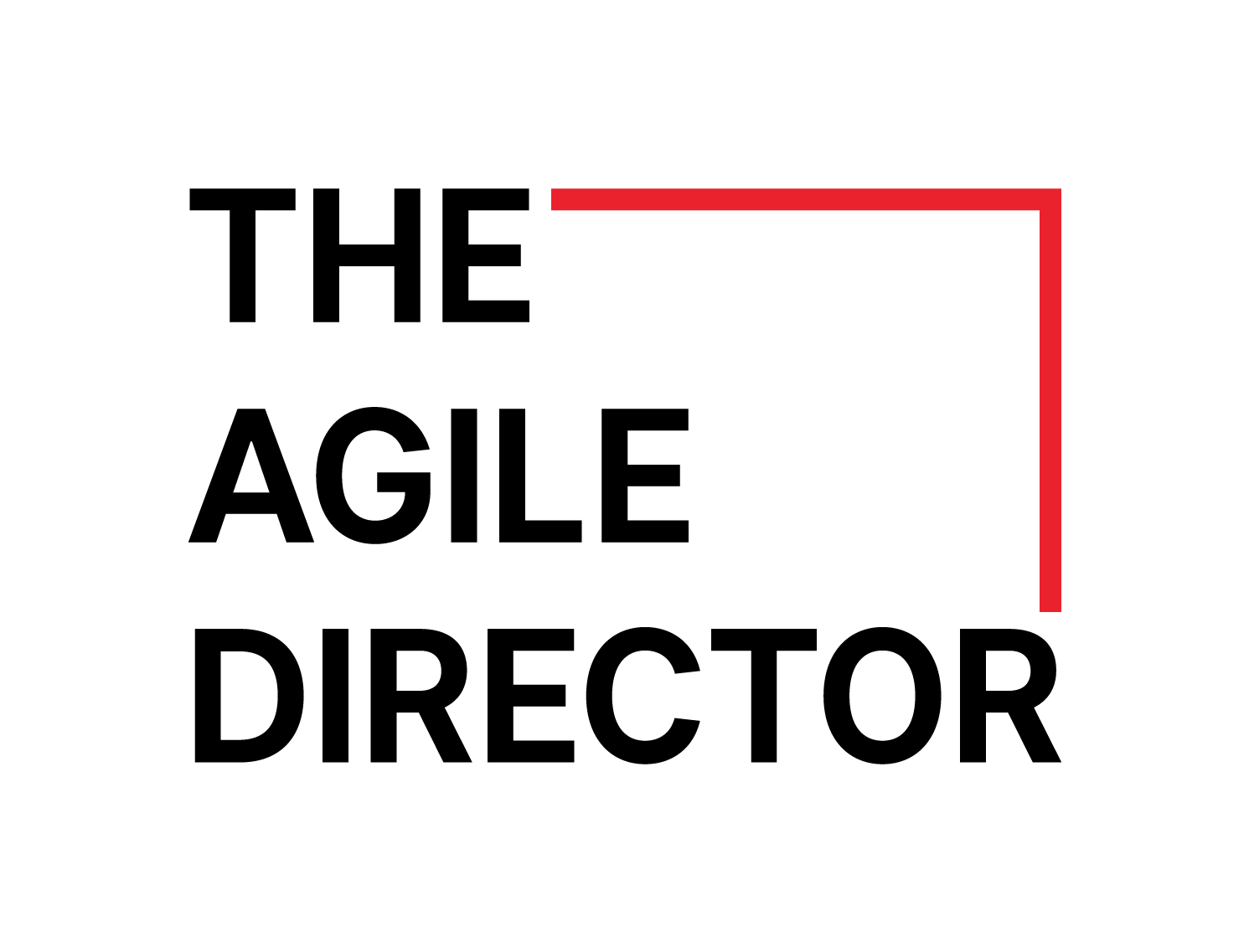Governance Training for your Organisation
Your Governance decisions effect the people and society we live in.
Good Governance knows no bounds
Not for Profit, Public sector, Private company, ASX listed/unlisted
It makes no difference what type of organisation you work in: good governance should be part of every organisation’s aspiration. Why?
GGI’s resident governance expert Andrew Donovan says the WHYs of good governance are broad but can be classified into categories:
- Common good – it’s good for business, employees, stakeholders and society;
- Performance – it’s linked to better organisational and financial performance; and
- Risk Management – it keeps organisations safe and sustainable.
“I think that individuals and business generally equate governance with risk, compliance and liability without recognising the performance, people and societal benefits that also flow from good governance…and this is a huge opportunity for modern executives and directors,” says Andrew.
“Recognising the link between good governance and common good has grown exponentially even in just the past two years. We can see this by how banks are responding to the Royal Commission for example, or how institutional investors are divesting controversial stocks in response to shareholder demands.” Read More
What Governance approach are you taking in your organisation?
“One of the most common misperceptions I’ve witnessed over the years is that people think good governance is hard, when it’s actually common sense,” said Donovan. “The problem is that the approach to governance education is often abstract, making it difficult for people to walk away with a clear set of actions to implement in their business.”
Donovan recommends reflecting on your organisation by looking at five key areas:
- Culture & Purpose – why does your organisation exist? Define this and ensure every employee feels connected to it. It needs to start at the top and reach every part of your organisation. It is essential to get this right before addressing any other areas.
- Society – what is your relationship to society, what impact do you have, or do you want to have and how does this align with your social and ethical obligations?
- Entrepreneurship – how are you balancing your strategy and risk to ensure your long-term sustainability?
- Prosperity – financial performance is key to an organisation, but it doesn’t exist in isolation. Look at how your financial approach supports your purpose and what balance works for you.
- Integrity – how do those at the top establish and display integrity of responsibility and behaviour? And how will you take responsibility for those decisions?
“I’d encourage anyone in an executive or board position to really think about the above areas. Even established organisations with a governance framework in place need to constantly check in to ensure their approach remains relevant. Recently, stakeholder expectations have been given a lot more weight and this may require a re-calibration of governance approach.”



